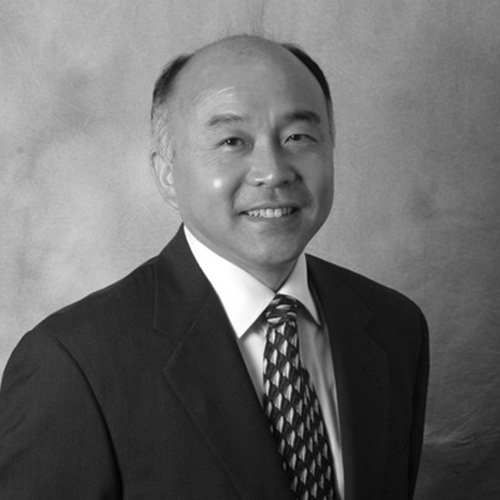Although many in-house counsel have worked for law firms, few have had experience in completely nonlegal positions—but David Meltzer has. As the current general counsel and chief international officer for the American Red Cross, Meltzer’s previous legal and nonlegal roles have brought him to this point in his career, where he gets to wear very different hats while guiding an organization that brings together his two focus areas: international affairs and the legal realm. “My whole career has focused on international and the law … I discovered that I liked to prevent problems—be more proactive than reactive,” Meltzer says.
As general counsel, Meltzer oversees a team of 12 attorneys with a similar number of support staff. He handles contracts and issues such as taxation, real estate, trusts, labor law, and litigation, and his clients are the other departments at the American Red Cross such as development, marketing, communications, and biomedical services, which deals with blood products.
As chief international officer, he is part of the American Red Cross’s preparation for and response to international disasters and disaster recovery. He oversees a program that provides measles and rubella vaccinations around the world and educates Americans about international humanitarian law, like the Geneva Conventions.
On top of that, Meltzer is in charge of the office of investigations, compliance, and ethics, which includes preventing and detecting fraud, waste, and mismanagement with employees, volunteers, contractors, or even people the Red Cross is helping. The office also investigates potential conflicts of interest.
So what prepared him to take on these enormous responsibilities? Meltzer started at a law firm straight out of law school, which is where he discovered his tendency to be more proactive than reactive. It also showed that he liked to help people. “One of my responsibilities in my last job in the for-profit world was bringing telecommunications to the developing world,” he says.
Meltzer’s first role at the American Red Cross was not in legal—instead, it was leading the international services department, which he did for seven and a half years. After the previous general counsel retired, Meltzer was the natural choice to assume the role because of his legal work combined with his time already with the organization. He took over the position in January 2013. “My nonlegal jobs have really helped me as a lawyer and made me a better in-house counsel,” he says. “They’ve helped me understand the client perspective better. Plus, helping people has made me a more open-minded and accepting person.”
As the chief international officer, Meltzer is a major part of disaster response efforts, which can be an incredibly taxing position for many. “The toughest experience is going into the disaster zone right after the disaster has struck, when bodies are still on the street and the smells are terrible,” he says. “You just have to focus on what you can do so you don’t despair over what you cannot do.”
A challenge for workers in the field is the potential risk, even with the extensive network of the Red Cross. Even recently, Red Cross workers were attacked in Guinea for trying to bury Ebola victims. “The Red Cross and Red Crescent emblems are widely trusted, but that’s not always a guarantee of protection,” Meltzer says. “Red Cross workers outside the US have been injured and even killed—some of them intentionally—while trying to do their job.”
During a disaster, Meltzer has a lot of demands on his time coming from numerous stakeholders including the government, media, donors, employees, volunteers, and the general public. “You’re dealing with one crisis after another, so you always have to keep your eye on the prize, which is helping people in need,” he says. “You need to remain calm and focused so you can be responsive and provide succinct legal advice in a timely manner.”
Although the work is difficult, Meltzer also finds it incredibly rewarding. “People need food, water, shelter—and they need to know what happened to their loved ones,” he says. “Even if they find that the loved one has died, at least that provides emotional closure. The Red Cross has a huge network, so we have been very successful at finding lost loved ones. We are still finding people missing from World War II, even after 70 years. It’s miraculous.”
The ups and downs of the American Red Cross are more dramatic than other organizations, but it’s Meltzer’s background that has prepared him for this challenging position. He says, “I love that with this job, I have responsibility for all legal and compliance matters across the organization while, at the same time, I am responsible for international relief and development activities.”


